
Your Brain Expands and Shrinks Over Time – These Charts Show How
Based on more than 120,000 brain scans, the charts are still preliminary. But researchers hope they could one day be used as a routine clinical tool by physicians.
Recommendation
A significant new study shows that the human brain expands in childhood, and shrinks as people age, reports Max Kozlov in Nature. Although considered a work in progress, the collection of more than 120,000 MRI scans reveals remarkable clarity in important aspects of human brain structure. Issues of expense and access have previously prevented the compilation and assessment of such a large group of brain images, which provide illuminating data on brain development, and may eventually contribute to studies of brain abnormalities and disease.
Summary
About the Author
Max Kozlov is a science journalist at Nature. His work has also appeared in The Atlantic, Quanta Magazine, Science, The Scientist, St. Louis Post-Dispatch, Behavioral Scientist and The Public’s Radio.









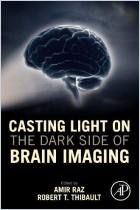
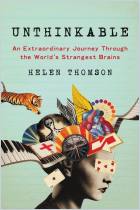
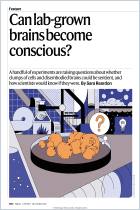
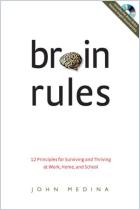
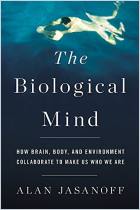


Comment on this summary or Start Discussion